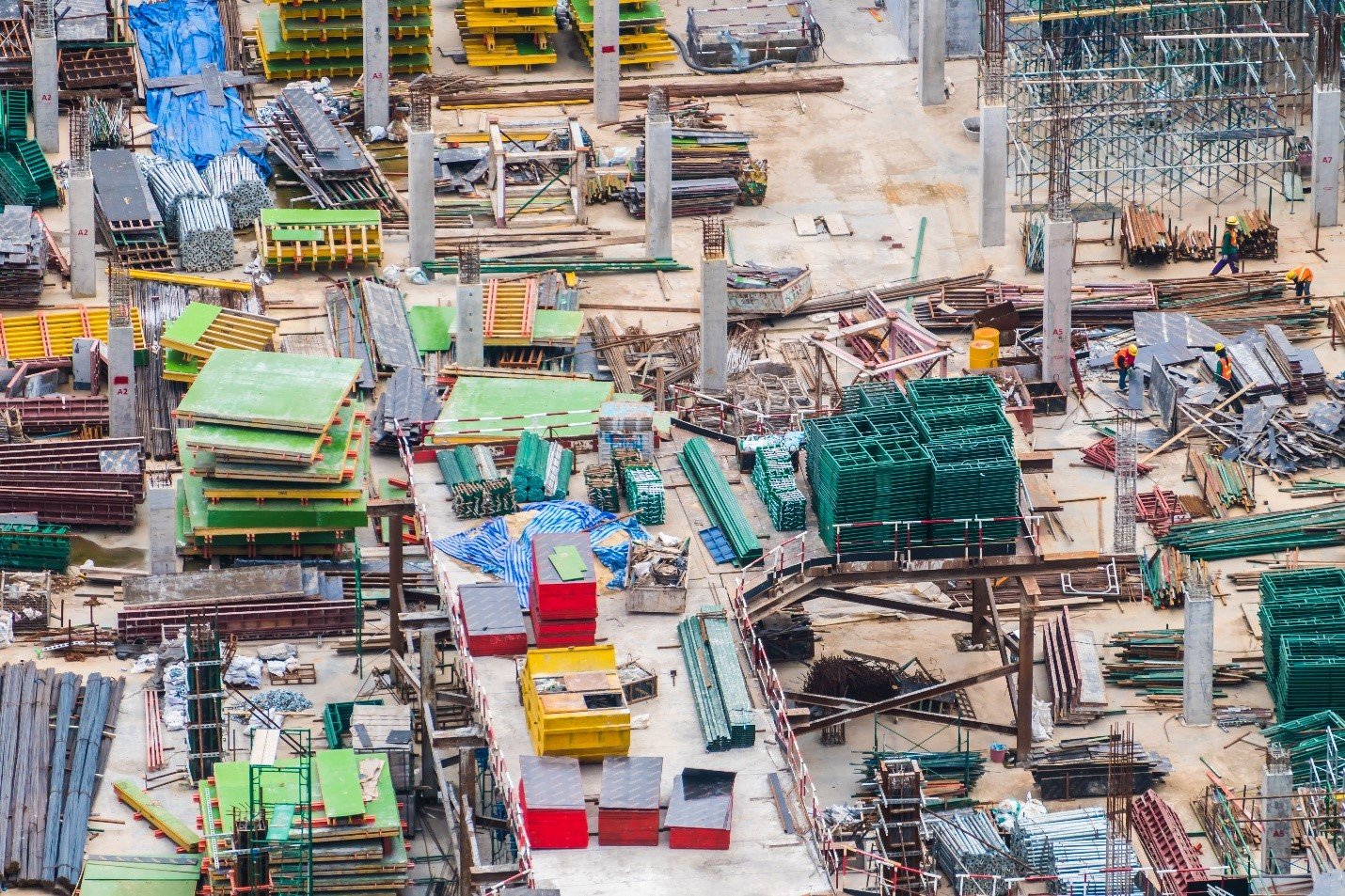- Dubai, United Arab Emirates
- info@one-clik.net
- +971-568097773

Dubai has established itself as a global hub for trade and investment, with continuous development in real estate, industrial zones, and smart infrastructure. This growth creates a constant demand for construction materials such as cement, steel, wood, glass, and aggregates. For global entrepreneurs, starting a building materials trading business in Dubai presents a profitable opportunity supported by strategic location, world-class logistics, and investor-friendly policies.
Ongoing projects like the Dubai 2040 Urban Master Plan, Expo City, and smart city initiatives ensure long-term demand for construction supplies.
With advanced ports and airports, Dubai allows businesses to import and re-export materials seamlessly to the GCC, Middle East, Africa, Asia, and Europe.
Entrepreneurs benefit from simplified licensing, streamlined banking systems, and support services such as company formation in Dubai.
There is no personal income tax, and the 9% corporate tax applies only on profits above AED 375,000. Free Zones often offer customs duty exemptions.
Dubai’s network of trade agreements reduces tariffs and enhances global reach, making it easier to run cost-effective import-export operations.
A building materials trading license is mandatory to operate legally. It authorizes businesses to import, export, distribute, and store construction products. Commonly traded materials include steel bars, cement, blocks, tiles, timber, glass, aluminum, paints, and aggregates.

Startup costs vary based on jurisdiction. Free Zone licenses may begin around AED 15,000–20,000, while Mainland setups with warehouses typically cost AED 25,000 or more.
Choose between general trading or niche categories like steel, wood, or glass. Partnering with experts in Dubai company formation can help select the right structure.
Submit a suitable business name to the Department of Economic Development (DED) or Free Zone authority.
Provide passport copies, an application form, business plan, and NOC if applicable.
Mainland companies require Ejari-registered premises, while Free Zones offer flexi-desk packages and warehouses.
Once approved, you’ll receive a commercial license, Chamber of Commerce membership, and VAT registration (if applicable). Companies often use visa and PRO services in Dubai to complete this stage efficiently
Apply for a Customs Importer/Exporter Code for trading operations.
Submit your license, lease, and shareholder documents to open a UAE bank account.

Dubai offers entrepreneurs an exceptional platform to launch and grow a building materials trading business. With booming construction demand, global re-export advantages, and supportive regulations, the UAE is one of the most attractive markets worldwide. By leveraging expert assistance from OneClik’s business setup services, entrepreneurs can streamline licensing, compliance, VAT, and visa processes, ensuring a smooth start and long-term success.
